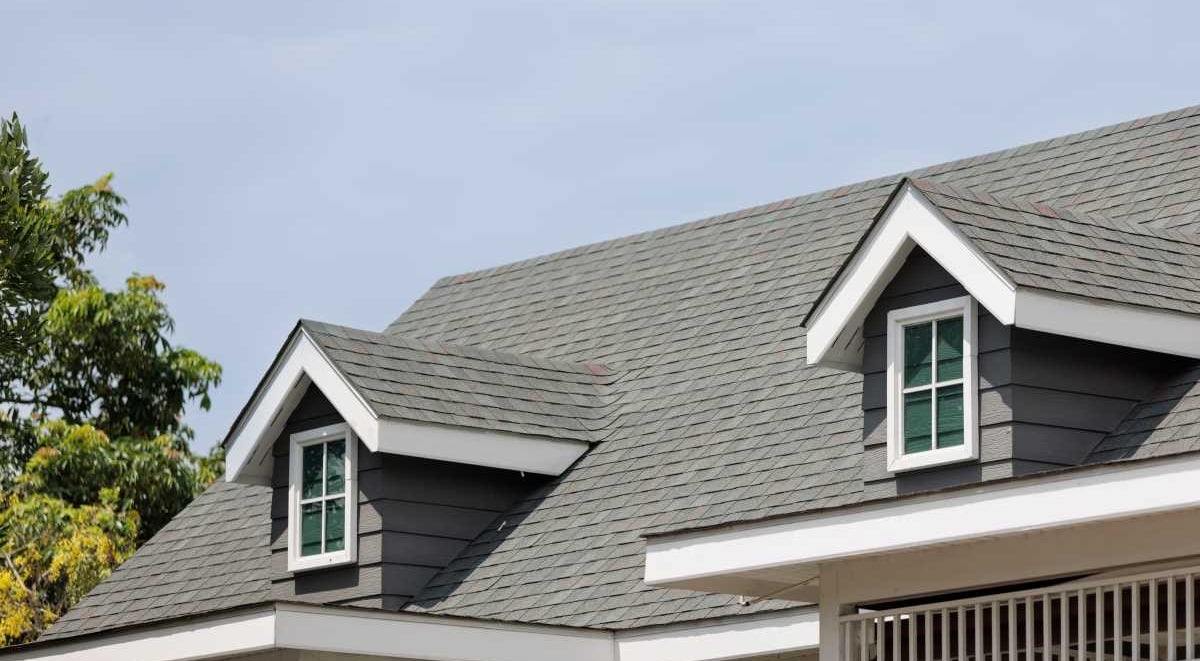Home insurance in Miami
Protect your home with top-rated coverage that could save you over $1,000 every year.*
Protect your home with top-rated coverage that could save you over $1,000 every year.*
Whether you do it yourself online or speak with one of our friendly representatives over the phone, Kin makes it easy to find coverage.

Property info
Customize your quote
Get covered
Tell us about your home.
Answer a few basic questions, and we’ll generate your home insurance quote in minutes.
Personalize your policy.
Customize your coverages, limits, and deductibles to get the protection you need at a price that fits your budget.
Get covered.
Review your quote and sign your application online. Any questions? Our licensed agents are here to help.
Rest easy knowing your coverage protects what matters most.
for the actual structure of your home, inside and out.
for things like your detached garage or shed.
for your personal belongings that make your house a home.
for additional living expenses when a covered loss forces you to temporarily relocate.
if you accidentally cause someone bodily injury or property damage.
if a guest is injured on your property.
Kin customers pay an average of $1,835 per year for $300,000 in dwelling coverage for home insurance in Florida, but you can save money by protecting your home, avoiding damage, and selecting sustainable options.

Home security - for installing security or fire alarms (available for nonmobile homes).
Wind mitigation - the more wind-proof your home, the better.
Water detection - because no one wants a flooded home.
Claims-free - for keeping your home safe over the years.
Electronic policy - for reducing your carbon footprint by saving some paper.
You get more than coverage — you get a team that follows through.
We reach out before, during, and after major weather events to make sure you’re okay — and to assist if you need to file a claim.
Easily file a claim over the phone with a member of our support team or online in your Customer Portal.
Licensed Kin agents are easy to reach and ready to listen. Contact us via email, phone, or live chat.
We help Floridians find coverage across the entire Sunshine State!
We sell policies in every county in Florida, including in these major cities:
On average, Kin customers pay $1,835 per year for $300,000 in dwelling coverage for home insurance in Florida. Since Miami is a coastal city prone to substantial weather risks, home insurance premiums are often higher than the state average. The best way to determine how much you’ll pay for home insurance in Miami is to get a quote.
Multiple factors can affect your Miami home insurance premium, including:
Natural disaster risks. Miami faces extreme weather risks and is highly vulnerable to hurricane damage and losses, which increases the likelihood of claims and the cost of coverage.
Cost to rebuild your home. Your property’s replacement cost value will influence how much dwelling coverage you need. The more coverage you need, the higher your premium.
Age of the home. Older homes, especially those with outdated electrical, HVAC, and plumbing systems, usually cost more to insure than newer homes that meet current building standards.
Location (down to the ZIP code). Homeowners in high-risk property crime areas may pay more for home insurance than in low-crime areas.
Policy details. Your coverage limits, deductibles, and any endorsements you add to your policy will affect your premium.
Your credit history. Insurers in Florida can use your credit history, specifically your credit-based insurance score, to determine your rates.
Claims history. If you or the property has a history of frequent claims, you may pay more for coverage. On the other hand, a claims-free record may help you save.
Your specific insurance needs will depend on several factors, including your property, location, and desired level of coverage. However, you should generally consider the following:
Dwelling coverage should be enough to fully rebuild your home if it were a total loss, not its market value, which includes the land it sits on, but doesn’t factor into replacement cost value
Other structures coverage will help you pay to repair structures that aren’t attached to your primary residence, such as sheds, detached garages, and docks. You should carry at least 10% of your dwelling limit, but you may need more based on your property and risks.
Personal property coverage should cover the cost to replace your insurable belongings. Limits for this type of coverage are often set at 50% of your dwelling coverage, but your exact needs will depend on the value of your belongings.
Loss of use coverage can cover temporary housing, meals, and other essential services if your home is uninhabitable after a covered loss. Limits are frequently set at least 20% of your dwelling limit.
Personal liability insurance limits should be high enough to protect your assets against lawsuits from injuries or property damage on your premises. If your net worth exceeds the maximum liability limit, consider a personal umbrella policy.
Medical payments coverage limits often range from $1,000 to $5,000 and can help pay for minor guest injuries, even if you aren’t at fault.
A standard homeowners insurance policy in Miami typically does not cover:
Flooding
Sinkholes
Landslides
Earthquakes
Backed-up sewer or sump pumps
Animal, insect, and pest damage
Home-based business activities
Maintenance and general wear and tear
Most cases of mold, mildew, or rot
Given the risks facing properties in Miami, homeowners should consider the following additional coverages:
Water backup coverage for damage from backed-up drains or sump pumps, a common issue in low-lying areas with outdated plumbing.
Flood insurance, for damage caused by storm surges, overflowing bodies of water, etc.
Ordinance or law coverage to cover the cost of rebuilding if you need to meet updated building codes, which is often required after damage to older homes.
Extended replacement cost coverage to protect against sudden increases in labor or material costs, which can be common after hurricanes and widespread storms when demand surges.
Personal property replacement cost to reimburse the full cost to replace items, not their depreciated value.
Home insurance is not a requirement in Miami, but your lender will likely require you to have it if you have a mortgage. You may also have to buy flood insurance if your home is located in a high-risk flood zone.
Even if you aren’t required to carry home insurance, purchasing a policy can provide substantial financial protection in case of a major loss, such as that caused by a fire, storm, or theft.